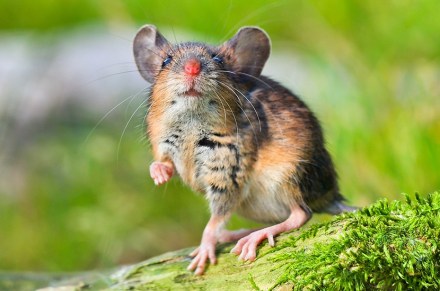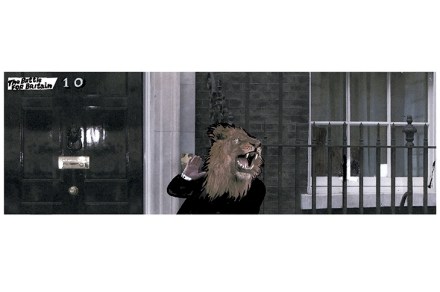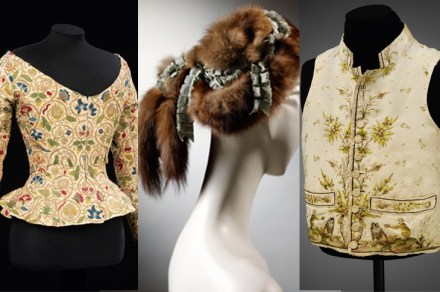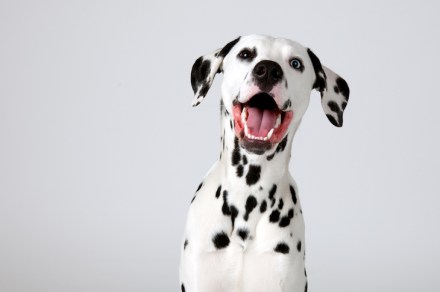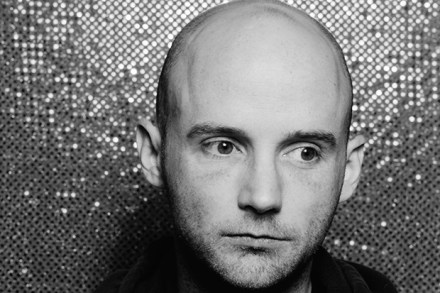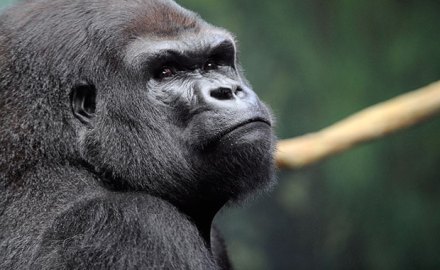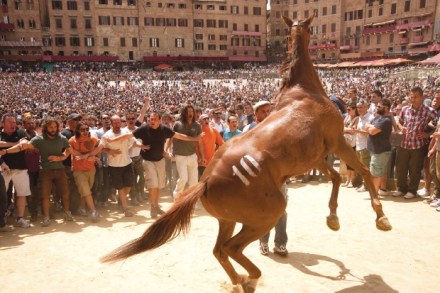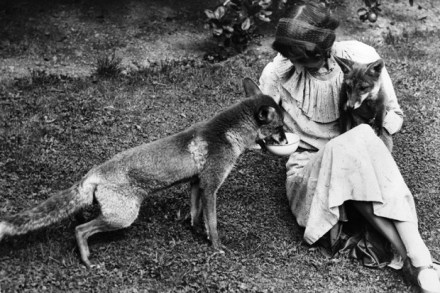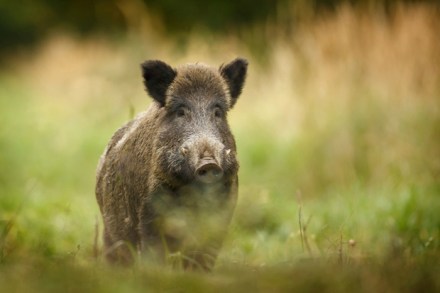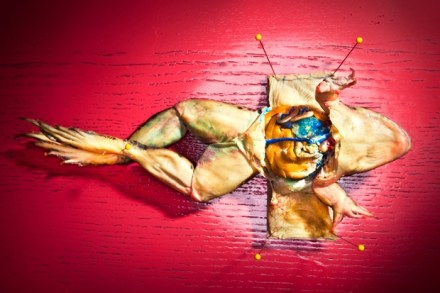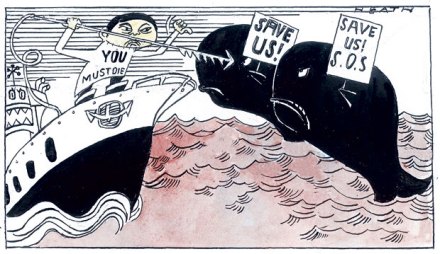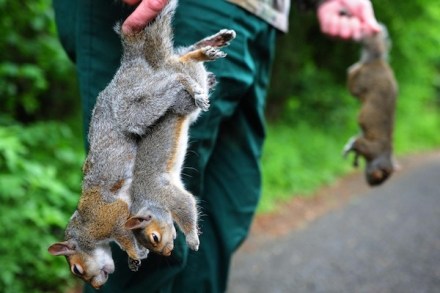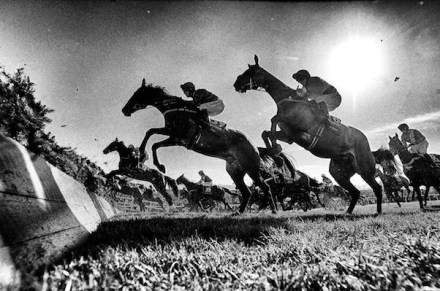From ferreter to animal-rights champion
I was sitting quite still at the typewriter when a plump mouse emerged from under the fridge and crossed the kitchen floor, moving by monorail. Conscious suddenly of another presence, the mouse paused and cast a speculative and I thought conciliatory eye over me. His fur was a rich chocolate, his eye beady with interest. Catriona — thank God! — was in the room above reading the paper. I heard her laugh out loud. ‘This woman!’ she called down. ‘She’s totally amazing!’ ‘Oh yes?’ I said. ‘In what way amazing?’ ‘She’s had all her toes cut off,’ she said. ‘She’s a cousin of the Queen.’ I looked at the mouse
